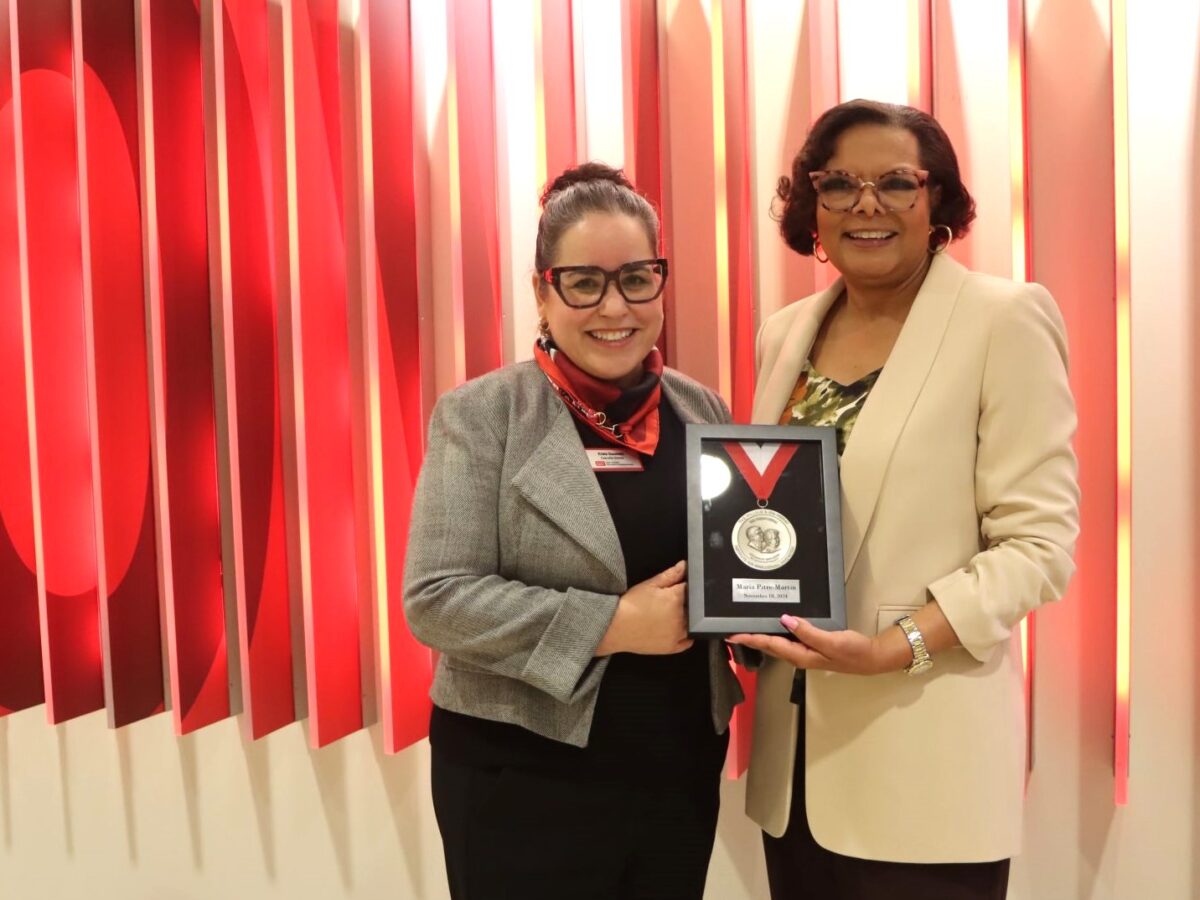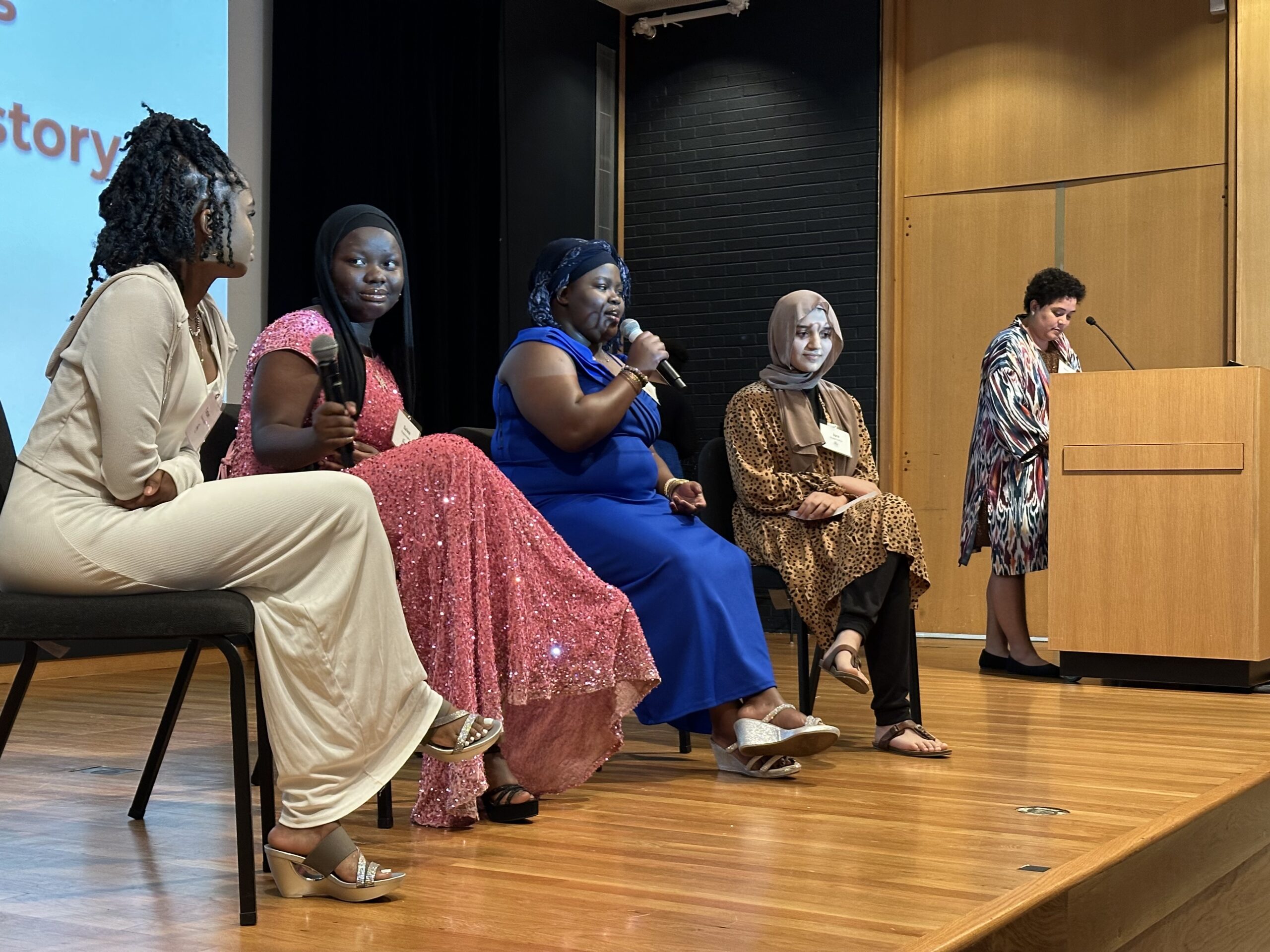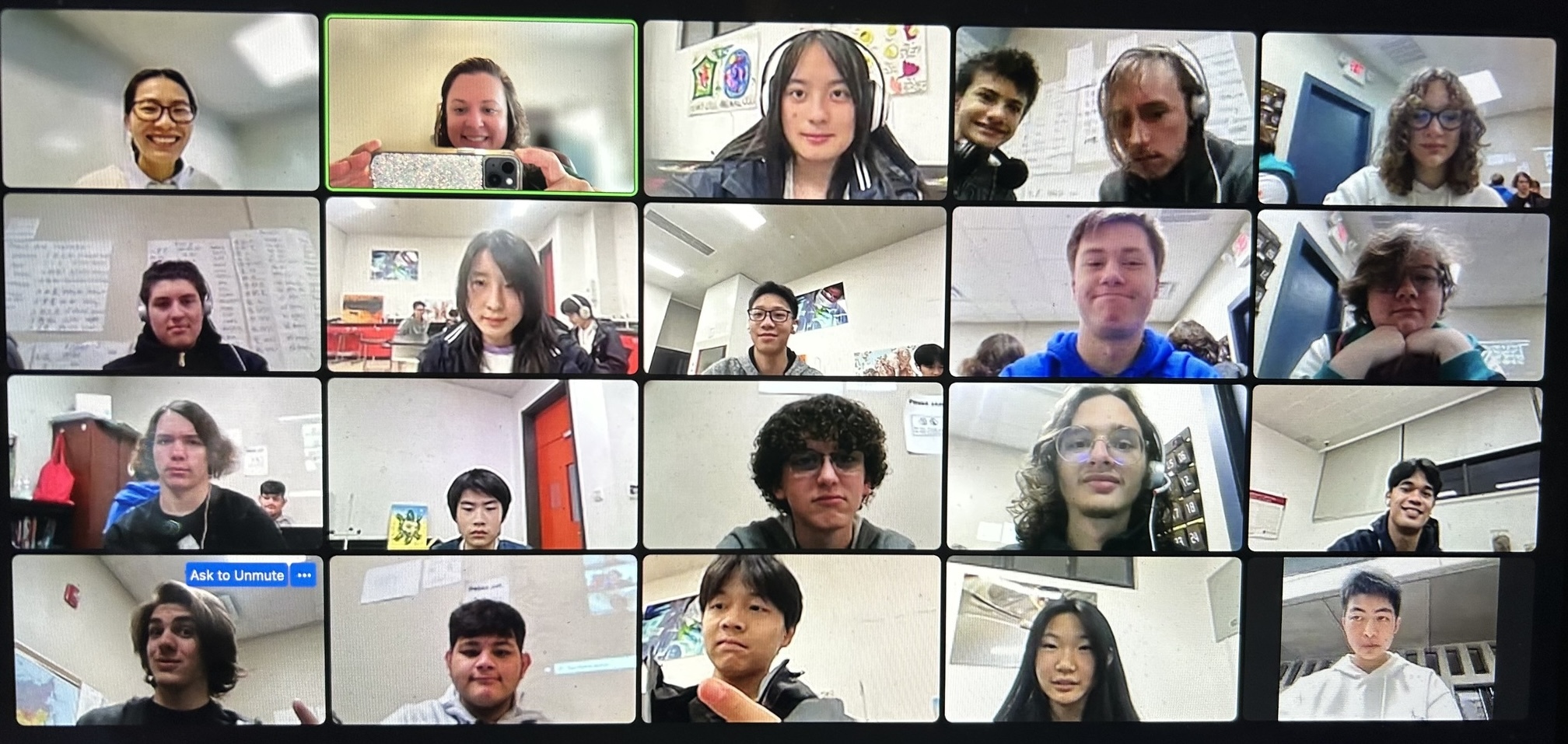Former U.S. Secretary of Education John King: ‘We Have No Future’ if Education Doesn’t Improve for Minority and Low-Income Students in U.S.
Former U.S. Secretary of Education John B. King Jr. visited NC State University on Dec. 10, 2019, as part of the DRIVE Summit to increase recruitment and retention of teachers of color.
As a keynote speaker, King shared the role education played in his life, as well as the importance of bringing more educators of color into schools across the country. Additionally, he sat down with 2019 National Teacher of the Year Rodney Robinson to discuss the impact teachers of color had on their educational careers.
During the event, the NC State College of Education spoke one-on-one with King, who shared some of his concerns and commendations for the field of education, as well as why he chose a career in education.
The following Q&A has been edited for length and clarity.
Why did you choose the field of education?
Both my parents passed away when I was a kid — my mom when I was eight, my dad when I was 12 — and the thing that saved me, the reason I survived that period, the reason I’m standing here today is that I had a series of amazing New York City Public School teachers who made school a place that was safe, compelling, engaging and nurturing. It was a place where I could be a kid when I couldn’t be a kid outside of school.
So, as I became an adult, I wanted to try as a teacher to do for other kids what my teachers had done for me, so I became a high school social studies teacher and that really led to my whole career in education.
What are some things you see happening in the field of education today that excite you?
As you travel around the country, there are some amazing preschool programs where you can go in and see that kids are not only getting support around their academic development but their socioemotional development as well.
There’s some great work that’s happening to strengthen the teaching of reading. There’s attention to the science of reading, making sure the students are getting the systematic phonics instruction they need, but also the knowledge building and vocabulary building that’s essential to become a strong reader.
I think about great work that’s being done around dual language and shifting our perspective to see that when a student comes to school speaking a language other than English at home, that’s an asset not a deficit. That’s an opportunity through dual language instruction to help a student become bilingual and biliterate.
I think about some great career and technical education programs that I’ve seen that are partnering high schools with community colleges with employers so that students graduate with a high school diploma and an associate degree first in line for a high-quality, 21st century job.
So there’s lots of things to be excited about, but lots of work to do because we aren’t making as much progress as quickly as we mean to here in North Carolina or across the country.
What is the most pressing educational issue facing the U.S. today?
Our biggest challenge as a country is the issue of education equity. Today, a majority of kids in the nation’s public schools are students of color. A majority of the kids in the nation’s public schools are eligible for free and reduced priced lunch, yet low-income students and students of color are less likely to have access to quality early childhood education and less likely to have access to the strongest teachers. They’re less likely to be in schools that are well resourced, where they’re getting a well-rounded curriculum that includes not just math and English but science and social studies and the arts. They’re less likely to have access to school counselors, less likely to have access to advanced coursework like Advanced Placement and International Baccalaureate and less likely to have the support they need to make successful transitions to post-secondary education.
And the reality is that if we don’t get better as a country at educating low-income students and students of color, we have no future. That’s our next generation, that’s the future of our economy and ultimately the future of our democracy.
What role do you see colleges of education, including NC State’s College of Education, playing in addressing this issue?
There’s a great leadership opportunity and there’s an opportunity to lead on enrolling a diverse student population, paying close attention to recruiting African American and Latino students to the campus, recruiting them to the education department and supporting them through to graduation and completing their certification.
There’s also an opportunity to build partnerships with community colleges, which often are the place where many of our students of color and low-income students begin their higher education. Strong partnerships with community colleges can help to build that pipeline.
Strong partnerships with school districts to identify paraprofessionals, folks who are working in after school programs who might be great teacher candidates, but need more credits to complete their degree. This is, I think, a moment where NC State could lead.


